As corporate legal departments evaluate ways to streamline operations and gain efficiencies, companies may be hesitant to add outside e-discovery counsel to a litigation or regulatory matter’s legal team. They wonder what lawyers who specialize in e-discovery can provide that in-house legal departments, other outside counsel and e-discovery vendors cannot.
While needs will vary across clients and matters, engaging outside e-discovery counsel for their skill and experience navigating e-discovery issues can be worth it, and increasingly it can be critical. Outside e-discovery counsel can ensure the company fulfills its legal obligations in discovery and remains best positioned for a favorable result.
Just about every legal matter today will involve discovery of electronically stored information. This is nothing new; email and other forms of ESI have been discoverable data sources since the Federal Rules of Civil Procedure were amended in 2015. Most attorneys, including in-house and outside counsel who aren’t focused on e-discovery, now have at least a basic understanding of concepts such as search terms and metadata.
Outside e-discovery counsel’s expertise lies at the intersection of law and technology. They understand the client’s legal rights and duties, both broadly and in the context of a particular matter, while also understanding the complex electronic systems that create and store the client’s data, and the array of technologies that make it possible to collect, search, review and produce that data efficiently and effectively.
As data grows in volume and complexity, this multifaceted understanding is a necessity to avoid spoliation and other sanctionable conduct; safeguard the client’s trade secrets, sensitive business information and other valuable intangible assets; and control overall discovery spend. After all, a lawyer cannot certify that a document production is reasonable or recommend strategies for narrowing the universe of data for collection and review without understanding the capabilities and limitations of the systems where that data lives.
While IT professionals and e-discovery vendors can assist with some technical aspects of document collection, review and production, over-reliance on those parties can bring significant risks, including inadvertent disclosure of privileged or confidential information. Outside e-discovery counsel are qualified to evaluate e-discovery vendors and tools, and recommend those best suited to a client’s needs. They also know how to effectively supervise technologists, and can bridge the gap among technologists, other counsel and the court. As judges are increasingly called upon to weigh in on e-discovery disputes, outside e-discovery counsel are best positioned to assess technological processes and information and use it to advocate on their clients’ behalf.
Outside e-discovery counsel’s expertise can be leveraged before and after the document collection, review and production phase. They are skilled at advising clients on information governance issues before disputes arise, drafting legal holds and performing early case assessments at the outset of a matter, negotiating e-discovery parameters, developing ESI protocols and protective orders at the meet-and-confer stage, and assisting with deposition preparation. Delegating these tasks to outside e-discovery counsel allows in-house and other outside counsel to focus on the merits of the case, including fact investigation, development of legal theories and strategies, and settlement efforts.
Additionally, with new and constantly evolving sources of ESI — like SaaS collaboration applications such as Asana and Salesforce, messaging platforms such as Microsoft Teams and Slack, and even emojis — it isn’t realistic to expect all lawyers to be well-versed in substantive legal areas as well as the complexities of developing data sources and related e-discovery technologies, workflows and case law. Outside e-discovery counsel are focused on these issues, and can advise companies on how to handle emerging and complicated data sources while taking strategy, cost and legal considerations into account.
As ESI continues to grow, so will the issues surrounding its preservation, collection, review and production. Outside e-discovery counsel possess both the legal and technological expertise to address these issues and, along with their in-house and other outside counsel colleagues, fill a critical spot in a litigation or regulatory matter’s legal team.
By Lianna E. Donovan and Julie A. Flaming
Lianna E. Donovan is a partner at Nelson Mullins. She practices in the areas of electronic discovery, records and information governance, cybersecurity and data privacy, and business litigation. She advises clients on document preservation issues, including the development and implementation of defensible records retention and data disposal programs.
Julie A. Flaming is a partner at Nelson Mullins. She practices in the areas of electronic discovery and litigation readiness, pharmaceutical and medical device litigation, product liability, and business litigation. She has substantive knowledge of issues related to electronic discovery as well as document collection, review, and production.
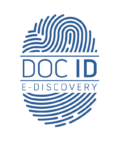

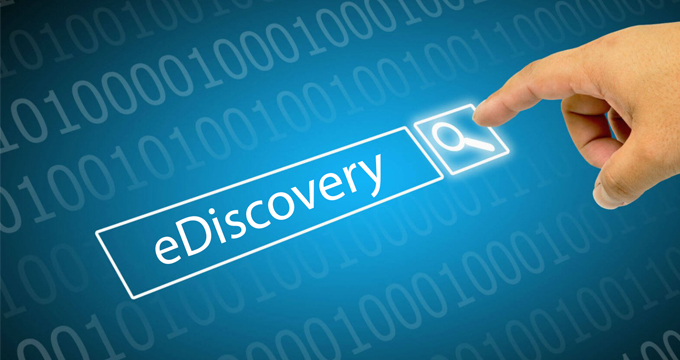

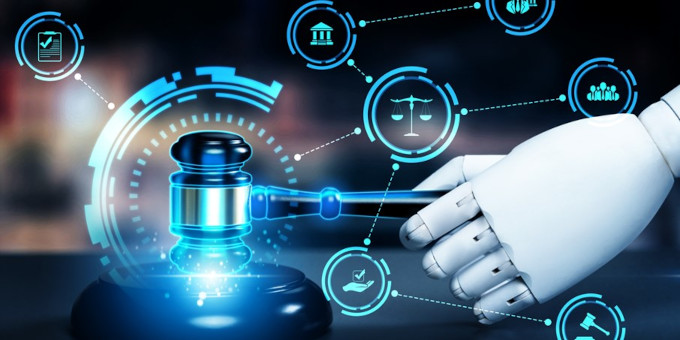

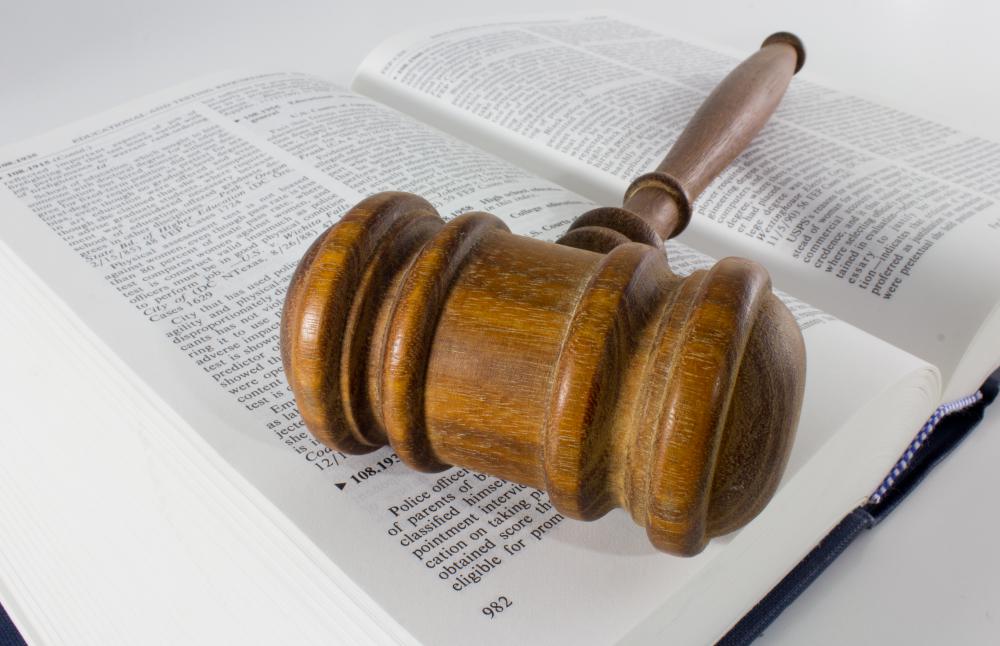
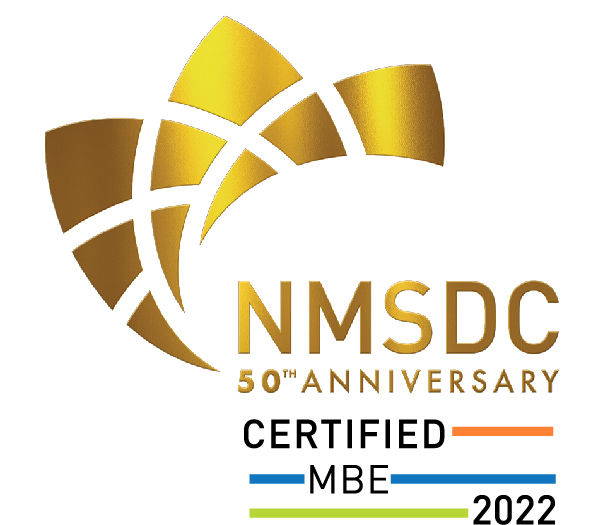
Leave A Comment